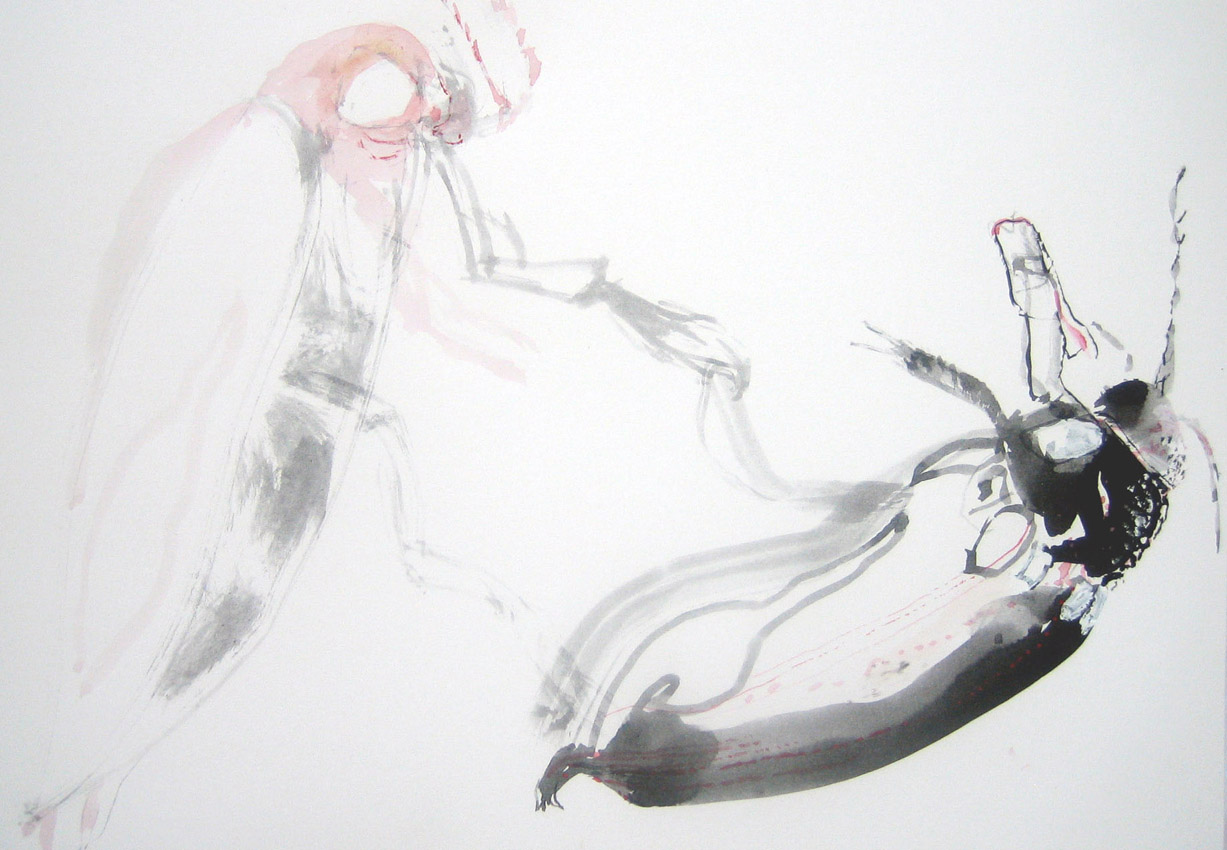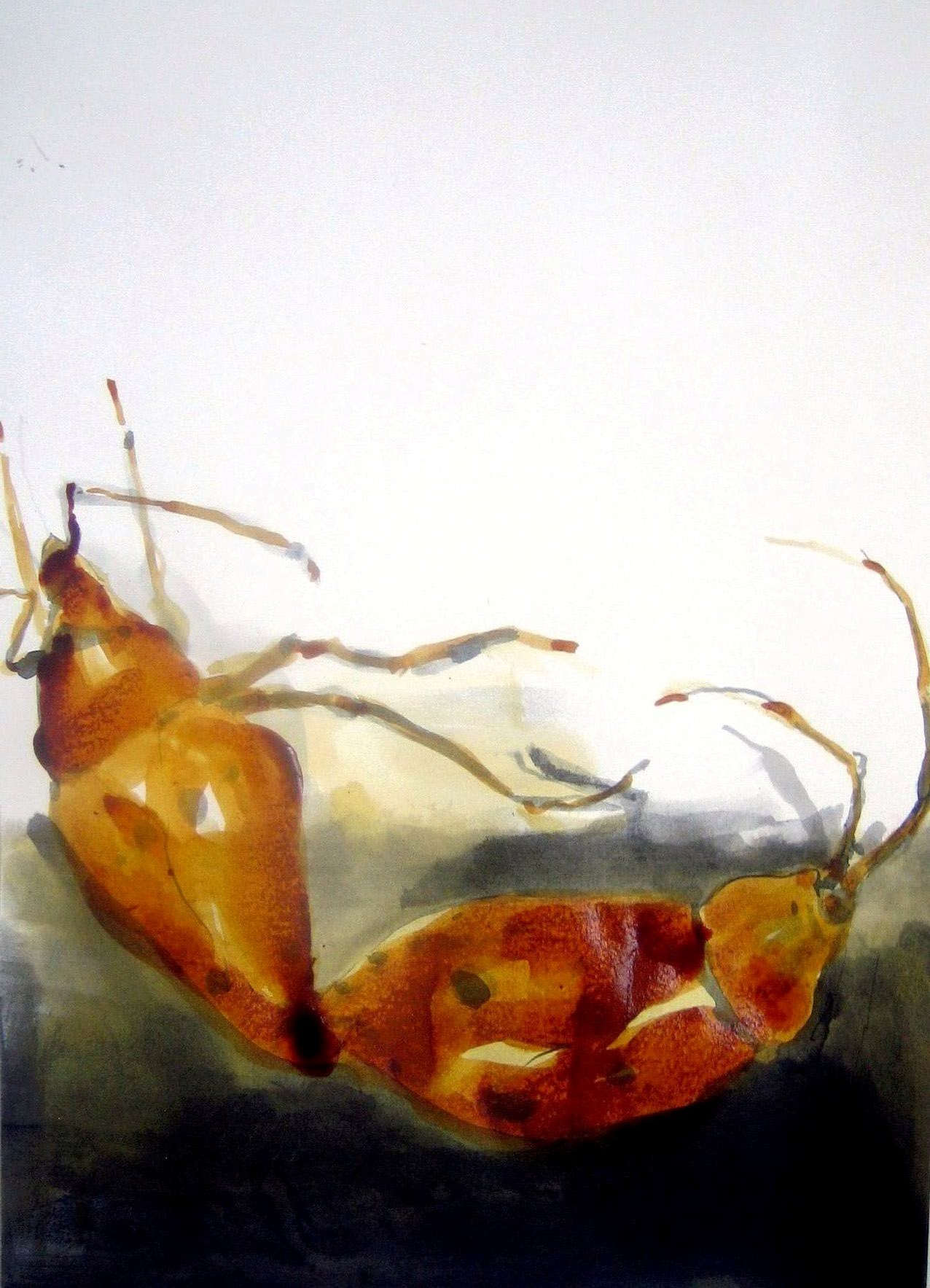Nils Röller: Jabès Compass – Deceiving
Wednesday, April 8th, 2009Descartes concludes that God may have no interest in deceiving people. Even if people consider the ability to deceive a “kind of argument for the power of the mind”, it does not speak for the claim that the Almighty is a deceiver. A God who deceives would be a weak God and that would contradict the very definition of God.
The philosopher and poet Jabès writes that God needs the human being: “God wastes man in God. Cruelty of Nothingness.” This God is “full of spite”.
Descartes develops his argument by bringing into doubt all that is known to exist. Doubt leads him to the clear and distinct realisation that he thinks, therefore he is. Descartes understands thought as “what happens in me such that I am immediately conscious of it, insofar as I am conscious of it.” Premising his argument on this knowledge, Descartes concludes that God is not a deceiver, and that it is possible to explain the material world, nature. In his writings, Descartes gradually allows principles to develop on the basis of a fundamental understanding; combining these principles with experience, he unfolds a universe that is comprehensible overall.
In his writings Jabès brings into doubt the possibility of writing a book. His books constitute a single book, a fragment of doubt. The sentences and chapters revolve around the relationship between the individual and a God who reveals himself to humans in a book. Writing, the word and the book are what bind the individual and God and what set them apart:
“God is both saved and undone by the book.”
The relationship between God and man is determined by the book, which spans a subversive relationship between God and man.



